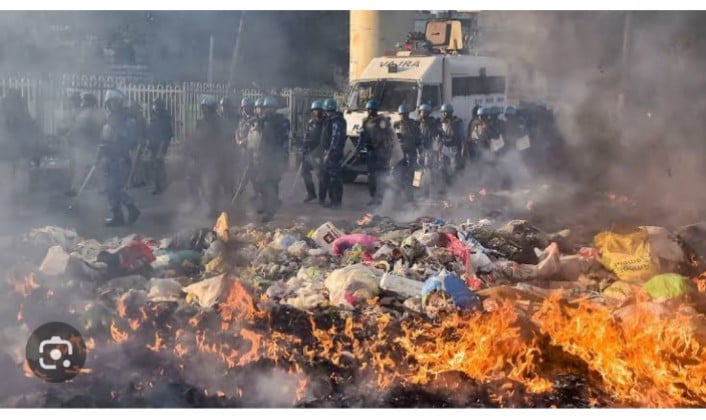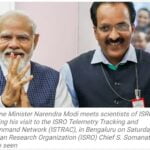Political violence in India has become a worrisome trend that not only threatens the safety of citizens but also undermines the very essence of democracy. Recent examples of political violence across various Indian states underscore the urgent need for authorities to address this pressing issue. From West Bengal to Uttar Pradesh, Maharashtra to Kerala, these incidents reflect a growing disregard for democratic values, civility, and the rule of law.
In West Bengal, clashes between rival political groups have led to a disturbing number of fatalities and injuries. The violence during elections and post-election periods is particularly alarming, as it directly undermines the democratic process. Instances of intimidation, destruction of property, and even murders have left citizens in fear and dampened their faith in the electoral system.
Similarly, Uttar Pradesh has witnessed a surge in political violence, often stemming from religious and communal tensions. Such incidents not only endanger the lives of citizens but also sow the seeds of discord within communities. The state, which has a history of religious diversity, cannot afford to let these incidents derail its social fabric.
Maharashtra, known as the financial and cultural hub of India, has also seen its share of political violence. From protests turning violent to clashes over caste-based reservations, the state’s reputation as a progressive and inclusive society is at risk. These incidents not only disrupt public order but also tarnish the image of the state on a national and global scale.
Kerala, a state known for its high literacy rate and social indicators, has faced episodes of political violence that are often tied to ideological differences. The loss of lives and property damage in these confrontations raises questions about the state’s ability to ensure the safety of its citizens and maintain public order.
The effects of political violence are far-reaching and detrimental to the nation’s progress. First and foremost, it erodes the foundation of democracy by instilling fear and inhibiting the free expression of political opinions. The cycle of violence perpetuates a culture of intolerance, where dialogue and debate are replaced with hostility and aggression. Additionally, these incidents disrupt economic activities, discourage investments, and tarnish India’s image on the global stage.
To combat this menace, a multi-pronged approach is essential. Law enforcement agencies must act impartially, bringing perpetrators to justice swiftly, regardless of their political affiliations. Politicians and parties need to uphold their responsibility to maintain peace and civility, rather than resorting to divisive rhetoric that fans the flames of violence. Moreover, citizens must be educated about the importance of peaceful political participation and the consequences of engaging in violence.
In conclusion, the recent instances of political violence in various Indian states highlight the urgent need for collective action. A harmonious and democratic society can only thrive when citizens, politicians, and authorities work together to reject violence and uphold the principles of peace, tolerance, and democracy. The preservation of these values is essential for India’s growth and progress on the global stage.




